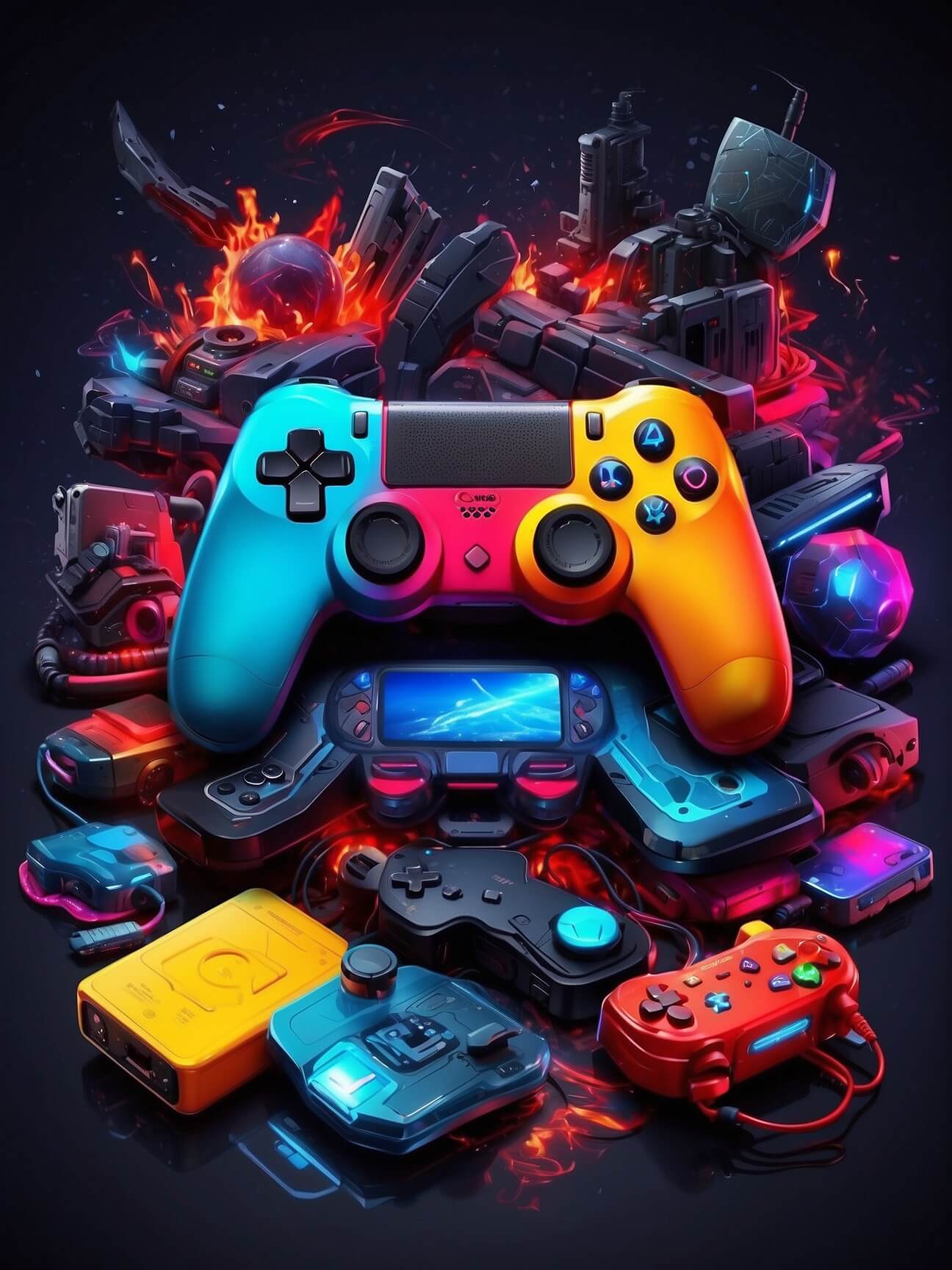Don't miss our holiday offer - 20% OFF!
Xbox president says studio closures were made to keep business ‘healthy for the long term’
Xbox president Sarah Bond has spoken more about the company’s decision to close four Bethesda studios earlier this week.
It was revealed on Tuesday that Xbox was shutting down four studios – Redfall developer Arkane Austin, Hi-Fi Rush developerTango Gameworks, Mighty Doom developer Alpha Dog and support studio Roundhouse Games.
In an interview held at the Bloomberg Tech conference in San Francisco on Thursday, Bond was asked by Bloomberg’s Dina Bass how players should be expected to understand these closures.
Bond replied that the closures were the outcome of a longer-term commitment to ensure the health of the business.
“It’s always extraordinarily hard when you have to make decisions like that,” Bond said, before referring to earlier comments she made about the industry “being flat” last year despite a slew of high quality game releases.
“I’ll go back to what I was saying about the industry. And when we look at those fundamental trends, we feel a deep responsibility to ensure that the games we make, the devices we build, the services that we offer are there through moments, even when the industry isn’t growing and you’re through a time of transition.
“And the news we announced earlier this week is an outcome of that, and our commitment to make sure that the business is healthy for the long term.”

Bass pointed out to Bond that one of the reasons players and staff were most upset about the closure of Tango Gameworks in particular was that they felt a studio responsible for something as critically acclaimed as Hi-Fi Rush should have been considered secure.
Bond reiterated that a number of criteria go into the closure of studios, with the ultimate aim being to ensure the long-term health of Xbox.
“One of the things I really love about the games industry is it’s a creative art form,” Bond said, “and it means that the situation and what success is for each game and studio is also really unique. There’s no ‘one size fits all’ to it for us.
“And so we look at each studio, each game team, and we look at a whole variety of factors when we’re face with making decisions and trade-offs like that.
“But it all comes back to our long-term commitment to the games we create, the devices we build, the services, and ensuring that we’re setting ourselves up to be able to deliver on those promises.”

